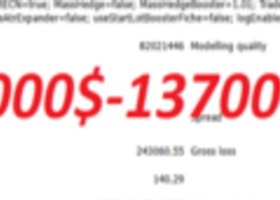The Australian dollar stood amongst the best performers on Tuesday morning after investors have been wrong-footed by the Reserve Bank of Australia’s (RBA) monetary policy decision. Indeed, Governor Lowe acted contrary to the expectations by maintaining the Official Cash Rate at record low 1.5%, while market participants expected a 25bps cut. The Australian dollar rallied more than 0.70% to $0.7048 following the RBA decision.
The statement reiterated the view that the outlook for the global economy is “tilted to the downside”, while the outlook for household consumption remains the main domestic uncertainty. Surprinsingly, the RBA remains quite confident regarding the growth outlook as it only trimmed its forecast by 0.25% to 2.75%. Philip Lowe also noticed “there has been little progress in reducing unemployment over the past six months.” He concluded by saying that there was “still spare capacity in the economy” and that further improvement in the job market was necessary for inflation too go near the target range.
Despite this relatively upbeat statement, we believe that the central bank has definitely not closed the door to another rate cut. Australia’s dependency on Chinese imports has continued to increase over the last few year. Indeed, more than 38% of Australia’s exports go to China. The slowdown of the world’s second largest economy will inevitably affects negatively the Aussie economy. It may take time to materialize but it will. Luckily, the RBA is one of the few central banks that has room to manoeuvre as interest rates are largely – compare to most central banks – above zero. Against such a backdrop, we maintain our bearish view on the Aussie: However, we do not expect a sharp debasement but rather a continuous depreciation as China’s economy slowdowns and the interest rate differential makes the Aussie less attractive to investors.
By Arnaud Masset



